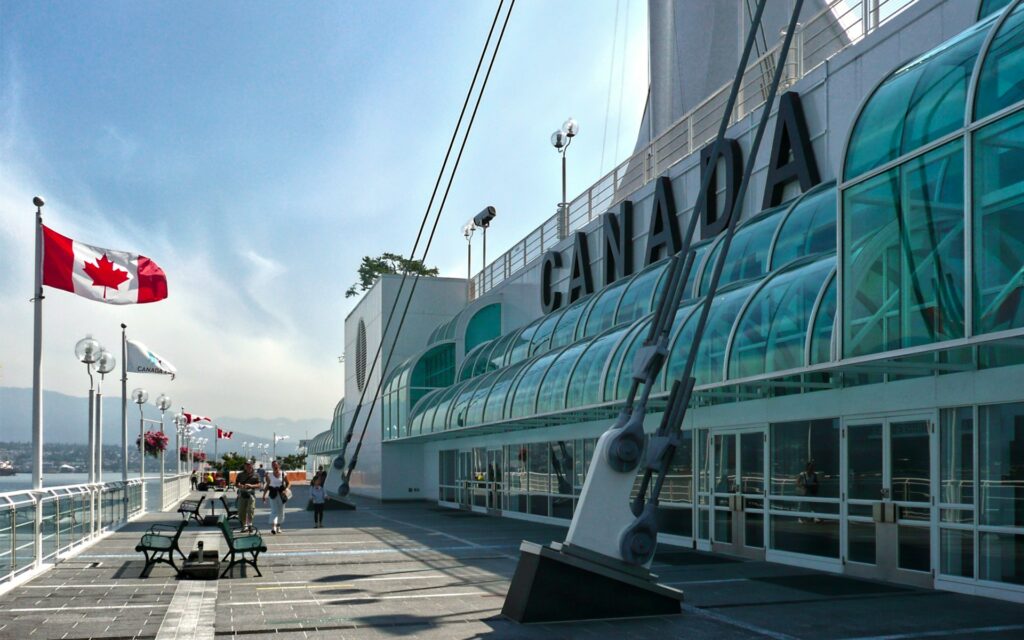Retiring in Canada can be an appealing option for many due to its high standard of living, beautiful landscapes, and comprehensive healthcare system. Whether you are a Canadian resident or considering Canada as a destination for retirement from another country, there are several aspects to consider to ensure a smooth transition into your retirement years. Here’s a guide on how to retire in Canada:
Understanding Canadian Residency for Retirement
For Non-Canadians:
Immigration Options: Canada does not have a specific retirement visa. If you are considering retiring in Canada, you might look into immigration programs such as the Parent and Grandparent Super Visa, which allows stays for up to two years at a time, or exploring options under the Family Class Sponsorship if you have family in Canada.
Permanent Residency: Consider applying for permanent residency through programs like Express Entry, which selects immigrants based on skills and ability to contribute to Canada’s economy.
For Canadians:
If you’re already a resident or citizen, your focus will be more on financial planning and healthcare.
Financial Planning
Pension Plans: Understand the Canada Pension Plan (CPP) and Old Age Security (OAS), which are designed to provide you with a basic income in retirement. If you have been working in Canada, you should be contributing to the CPP.
Private Savings: Besides government pensions, consider personal savings plans like Registered Retirement Savings Plans (RRSPs) and Tax-Free Savings Accounts (TFSAs), which offer tax advantages.
Budgeting: Calculate your expected retirement income and expenses to ensure you have enough to cover your lifestyle, including any travel plans and hobbies.
Healthcare
Canada is known for its universal healthcare system; however, the specifics can vary from province to province.
Eligibility: Ensure you understand the eligibility requirements for provincial healthcare coverage. Generally, you must be a resident in the province and physically present for a specified period each year.
Supplemental Insurance: Consider purchasing supplemental health insurance to cover additional expenses not included in the public health care system, such as dental care, prescription drugs, and physiotherapy.
Housing
Downsizing: Many retirees choose to downsize to smaller homes to reduce upkeep and expenses.
Retirement Communities: Consider whether a retirement community might suit your lifestyle and needs, offering various amenities and specialized care.
Rent vs. Buy: Depending on your financial situation, you may decide it’s better to rent rather than buy to maintain flexibility and reduce responsibilities.
Legal Considerations
Will and Estate Planning: Ensure your will is up to date and reflects your wishes. Consider consulting with a lawyer to handle your estate planning to ensure everything is in order according to Canadian law.
Power of Attorney: Assign someone as your power of attorney to handle your affairs if you become unable to do so.
Lifestyle and Community
Activities and Engagement: Look into what activities and community engagements are available in the area you are considering retiring in. Active involvement can help maintain health and happiness.
Climate and Location: Consider the climate and the type of environment you want to be in—whether that’s a bustling city or a quiet rural area.
Prepare for the Unexpected
Emergency Funds: Have emergency funds available for unexpected expenses.
Insurance: Ensure adequate insurance coverage, including life and property insurance.
Retiring in Canada requires thorough preparation, especially if you are moving from another country.
Understanding legal, financial, and healthcare-related matters is crucial to enjoying a stress-free retirement.
With its diverse options for living arrangements, supportive social systems, and high quality of life, Canada continues to be a popular choice for retirees worldwide.
Understanding Taxes in Retirement
Tax Implications: Familiarize yourself with the Canadian tax system, particularly how your income in retirement will be taxed, including pensions, withdrawals from retirement accounts, and any other investment income.
Professional Advice: It may be beneficial to consult with a tax advisor to understand how to optimize your tax situation in retirement, ensuring you are making the most of any tax credits and deductions available to retirees.
Transportation and Accessibility
Driving: If you plan to drive, ensure that your driver’s license is updated and check if there are any specific requirements for seniors, such as more frequent testing.
Public Transportation: Investigate the public transportation options available in your area, especially if you choose not to drive. Many cities offer discounts for seniors.
Accessibility: Consider the accessibility of the area where you plan to live, including the availability of elevators, ramps, and other aids for mobility.
Social Connections
Maintaining Relationships: Retirement can lead to significant changes in your social interactions. Make an effort to maintain old friendships and be open to forming new connections.
Community Centers and Groups: Many communities have senior centers or groups that offer a range of activities, from classes and workshops to social outings, which can be a great way to meet people and stay active mentally and physically.
Climate Considerations
Weather Patterns: Canada’s climate varies widely from one region to another. Whether you prefer the mild weather of British Columbia or the snowy winters of Quebec, consider how the climate might affect your daily life and health.
Seasonal Affective Disorder (SAD): If you are sensitive to less sunlight during the winter months, consider locations that offer more sunny days or look into therapy options that can mitigate the effects of SAD.
Emergency Services and Safety
Health Emergencies: Ensure you are familiar with the locations of the nearest hospital and other emergency services.
Safety: Consider the safety of the neighborhood you plan to retire in. Check local crime statistics and community safety initiatives to make sure you feel secure.
Exploring Canada
Travel Opportunities: Retirement can be an excellent time to explore more of Canada. From the natural beauty of the Rockies to the vibrant cities like Toronto and Montreal, take the opportunity to travel and experience the diverse cultures and landscapes across the country.
Accessibility of Travel Options: Look into senior discounts for national parks, museums, and other attractions, as well as for transportation like trains and air travel.
Retiring in Canada involves more than just stopping work; it’s about starting a new chapter of life with careful planning and consideration of financial, health, and social factors. By addressing these aspects thoughtfully, you can ensure that your retirement years are comfortable, fulfilling, and rich with opportunities for growth and enjoyment. With its robust healthcare system, scenic views, and friendly communities, Canada offers a serene and stable environment for retirees.






